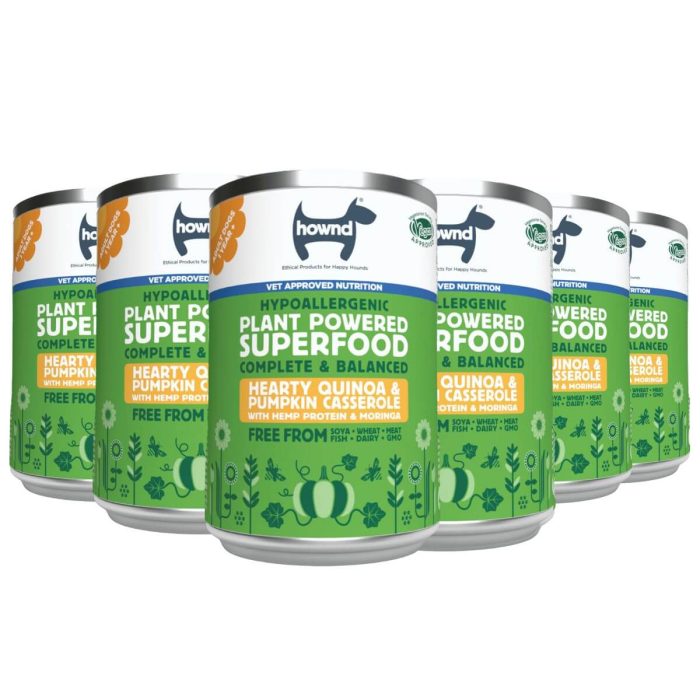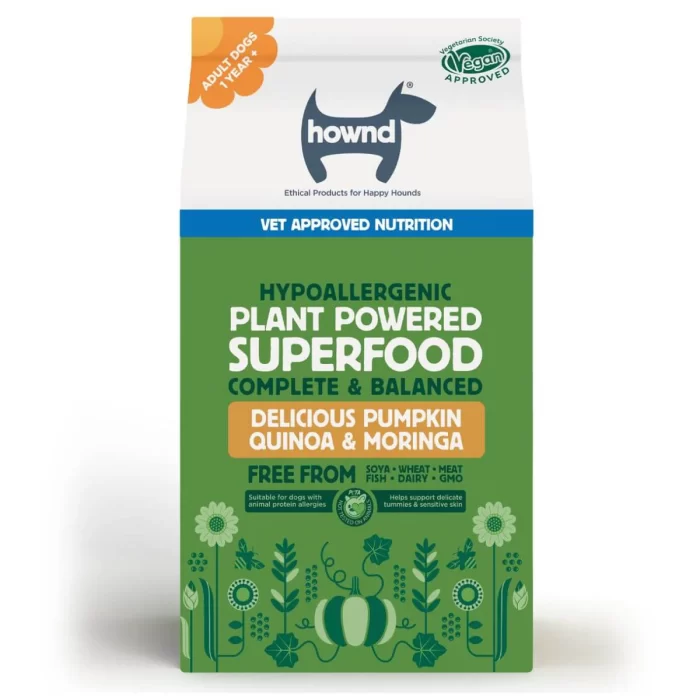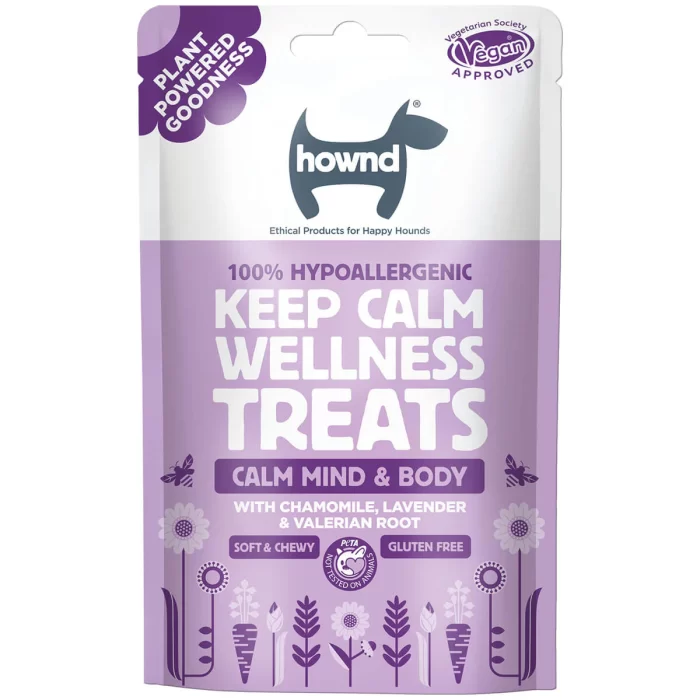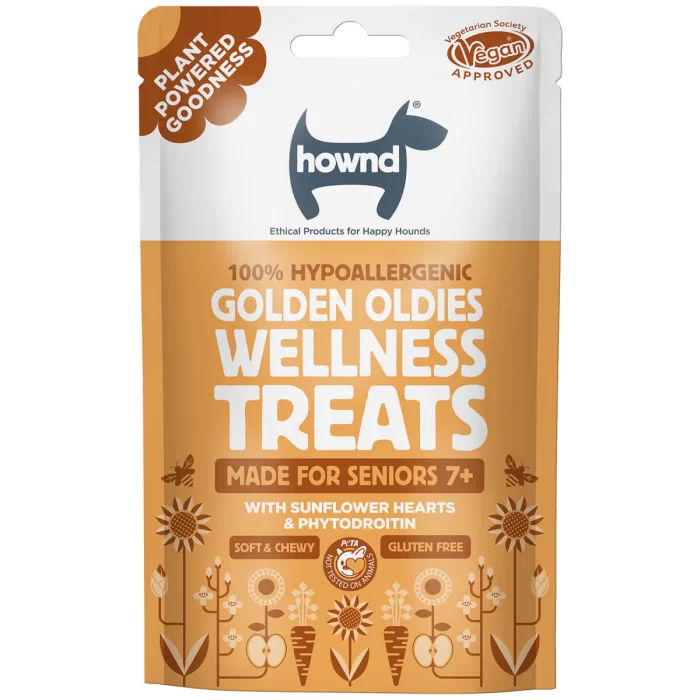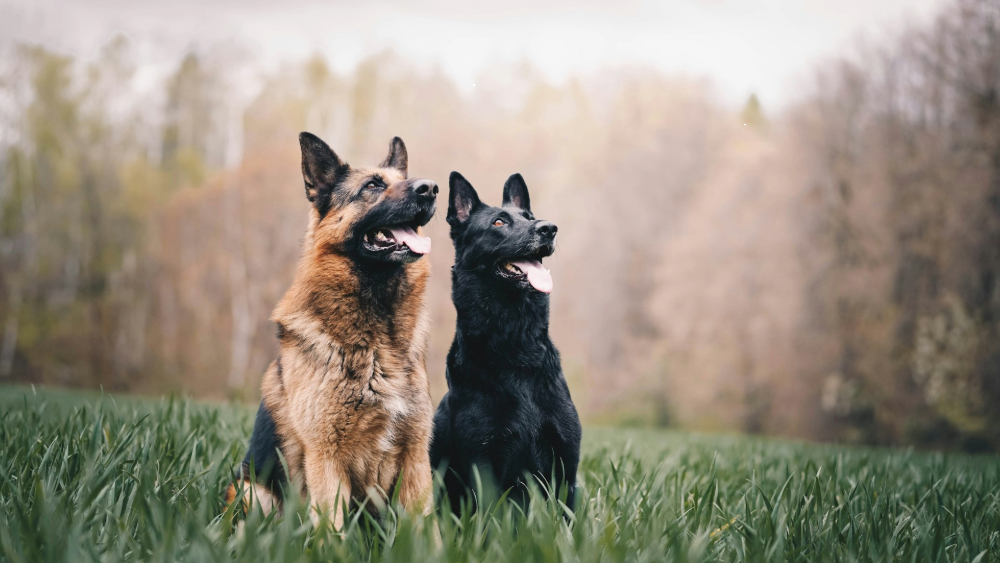
The German Shepherds or Alsatians, are some of the most majestic, intelligent and loyal dogs, known for their versatility, work ethic and of course their adorable goofy nature! Here’s what you should know:
- Size: Large (30–40 kg)
- Lifespan: 9–13 years
- Energy level: High (especially in working or active lines)
- Common health concerns: Joint issues, digestive sensitivities, food allergies, degenerative myelopathy
- Known for: Intelligence, loyalty, strength, trainability
- Ideal diet: Joint-supportive, easily digestible, allergen-free, high in quality protein
German Shepherds are active, highly trainable, and protective companions. But their working background, large size, and sensitive systems mean they benefit from thoughtfully chosen nutrition. The right food can help maintain strong joints, support a healthy digestive system, reduce allergic reactions, and keep your GSD fit and focused.
How Much Food Should a German Shepherd Eat?
German Shepherds are large, active dogs with high energy demands, especially if they’re working or exercising regularly. However, overfeeding can be just as harmful as underfeeding, particularly when it comes to joint and digestive health.
A general rule of thumb for adult German Shepherds is:
- 55–65 calories per kg of bodyweight per day
- For example, a 35 kg dog would need roughly 1,925–2,275 calories per day
Quick Feeding Tips for GSDs:
- To prevent overfeeding, always weigh out, or use a measuring cup to portion out your German Shepherd’s food.
- Keep an eye on their body shape – their waist should be visible, but no ribs should be sticking out.
- Reduce portion size to compensate for treats
- Feed twice a day – large breeds such as German Shepherds are prone to bloat (gastric dilatation-volvulus), so smaller, more frequent meals can help reduce this risk.
- Avoid exercise an hour before or after meals and use a slow feeder if your GSD tends to wolf their food down in seconds!
Common German Shepherd Health Problems and How Diet Plays a Part
German Shepherds are prone to several health issues where diet can play a big role:
- Hip and Elbow Dysplasia: Support joints with glucosamine, chondroitin, and omega-3s
- Digestive Sensitivities: Choose easily digestible, hypoallergenic ingredients
- Allergies: Common triggers include beef, dairy, and wheat
- Degenerative Myelopathy: Antioxidants and anti-inflammatory foods may help
- Obesity: Manage calories and opt for high-fibre meals
Can a German Shepherd Eat a Vegan Diet?
Absolutely. Despite myths to the contrary, dogs are omnivores. German Shepherds can thrive on a properly balanced vegan diet. Plant-based diets can be an excellent way to eliminate common allergens such as beef and dairy and provide joint and heart support from plant-based omega-3s and antioxidants. The fibre-rich ingredients often found in vegan dog food can also be an excellent way to support better digestion, which is great for high energy breeds such as GSDs.
The Best Dog Food for German Shepherds
The best food for your German Shepherd will depend on their specific sensitivities and energy needs, but in general, look for foods that are:
- Hypoallergenic and free from common allergens
- High in digestible protein
- Enriched with joint-supporting nutrients
- Grain-free if they have sensitivities
- Moist or easy to chew for older dogs or those with dental issues
Great Ingredients for Your GSD
Instead of using foods with artificial preservatives, fillers, and certain animal-based proteins, look for options that feature:
| Ingredient | Why It’s Good for Your German Shepherd |
| Phytodroitin | Phytodroitin, an algae-based supplement and glucosamine is excellent for supporting joint health and mobility – crucial for large breeds like German Shepherds that are prone to hip and elbow dysplasia. |
| Hemp | A natural anti-inflammatory that can be highly beneficial in reducing inflammation in joints, a common concern for German Shepherds. |
| Papaya | Contains papain, an enzyme with anti-inflammatory effects, particularly useful for large breeds that can suffer from joint pain and digestive issues. |
| Moringa | Its anti-inflammatory properties can be useful for German Shepherds who may be prone to joint discomfort. Moringa is also thought to promote improved energy levels, supporting their active lifestyle. |
| Quinoa | Protein, fibre, and vitamin-rich, quinoa can help to keep muscles healthy and digestion working well, supporting the strong musculature of German Shepherds. |
| Sweet Potato | Rich in vitamins A, C, and B6, as well as fibre. These nutrients are great for supporting your German Shepherd’s immune system and digestion. |
| Pumpkin | High in vitamins A, C, and E to help support a healthy immune system for your German Shepherd. The high fibre content is also helpful in aiding digestion. |
| Chia Seeds | Fibre-rich, which aids digestion. They also absorb a significant amount of water (up to 12 times their weight), helping your active German Shepherd feel fuller and supporting healthy hydration. |
| Coconut | Contains lauric acid, which can potentially help to fight off infections and keep your German Shepherd healthier. Coconut is also great for maintaining a healthy coat and skin, which is important for their thick double coat. |
Which HOWND Food and Treats Are Best for Your German Shepherd?
All HOWND food and treats are suitable for German Shepherd and alsatians, but these are especially beneficial:
Recommended products
-
Plant Based Quinoa & Pumpkin Casserole with Organic Hemp Protein & Moringa Wet Dog Food (400g)
Price range: £3.50 through £21.00 – or subscribe -
Plant Based Pumpkin Quinoa & Moringa Dry Dog Superfood (2kg & 10kg)
Price range: £15.39 through £123.12 – or subscribe -
Keep Calm Plant Based Wellness Dog Treats (100g)
Price range: £2.95 through £23.60 – or subscribe -
Golden Oldies Plant Based Wellness Dog Treats 7+ (100g)
Price range: £2.95 through £23.60 – or subscribe
German Shepherd Feeding Tips
- Transition to new foods slowly over 5–7 days ideally to give you German Shepherd/Alsatian time to get used to it
- Keep fresh water available at all times
- Feed twice a day for better digestion and blood sugar balance over the course of the day
- Use slow feeders to reduce gulping and the risk of bloat if dogs are particularly prone to eating too fast
- Monitor stool consistency and body condition regularly
Thoughts from HOWND’s Pet Nutritionist
“German Shepherds are highly active and intelligent, but their sensitive digestive systems and joint vulnerability mean they need strategic nutrition. Our plant-powered meals are complete, balanced, and packed with nutrients to help them thrive—especially when they’re prone to allergies or stiffness.”
Wrapping It Up
A carefully selected plant-based diet can make a world of difference when it comes to helping your German Shepherd enjoy a truly happy and healthy life. Focus on simple ingredients, mindful portion control, and just the right amount of occasional treats to ensure they’re always at their best.
Photo by Anna Dudkova on Unsplash

